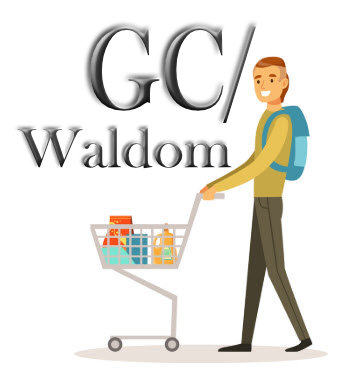| Writing a resume can be confusing. With so many styles and formats, how do you know which one is best for you? Should you use an objective, and if so, how should you construct it? This is a question that divides many career counselors. Many argue for them since they can quickly present your skills and desired position, but those who argue against them say they are often so poor that they defeat that purpose.What is a resume objective?An objective is a short blurb that conveys your experience, training and skills and briefly outlines what kind of position you are looking for. They can range from one to several sentences. An objective is essentially a summary of who you are and what you are looking for. Objectives are not necessary; you can use your cover letter or a skills and qualifications summary on your resume to convey these things instead.An objective can benefit you.An objective can be a quickly customizable way to tailor your resume to a specific job, which will impress employers. It’s a good way to convey your goals and aspirations; a well written objective can help someone scanning your resume to quickly decide if you will go into the yes pile. If you are changing careers or are entry-level, an objective can help you since your desired position may not be discernible from your work history alone.However, an objective might not benefit you.You don’t want your objective to be overly vague and therefore meaningless, but an overly specific objective may take you out of the running if it doesn’t exactly match the job opening. However, creating a customized objective for each job application could prevent this. Many objectives are too vague, which makes them wasted space on your resume. If you use one, be clear, concise and direct.If you have an objective, be sure to avoid common mistakes.Don’t emphasize your needs—instead, emphasize what you offer the employer. Don’t be too vague (for example, “seeking challenging opportunity with advancement potential”), and if you are very specific, have several resume versions with objectives that would fit specific positions. Most of all make your objective as concise as possible.Whether or not you choose to have an objective, you want to be sure to clearly illustrate your qualifications and desired position in your cover letter or with a qualifications or skills summary, so that human resources companies, like Solvo Global, can analyze it better. |

